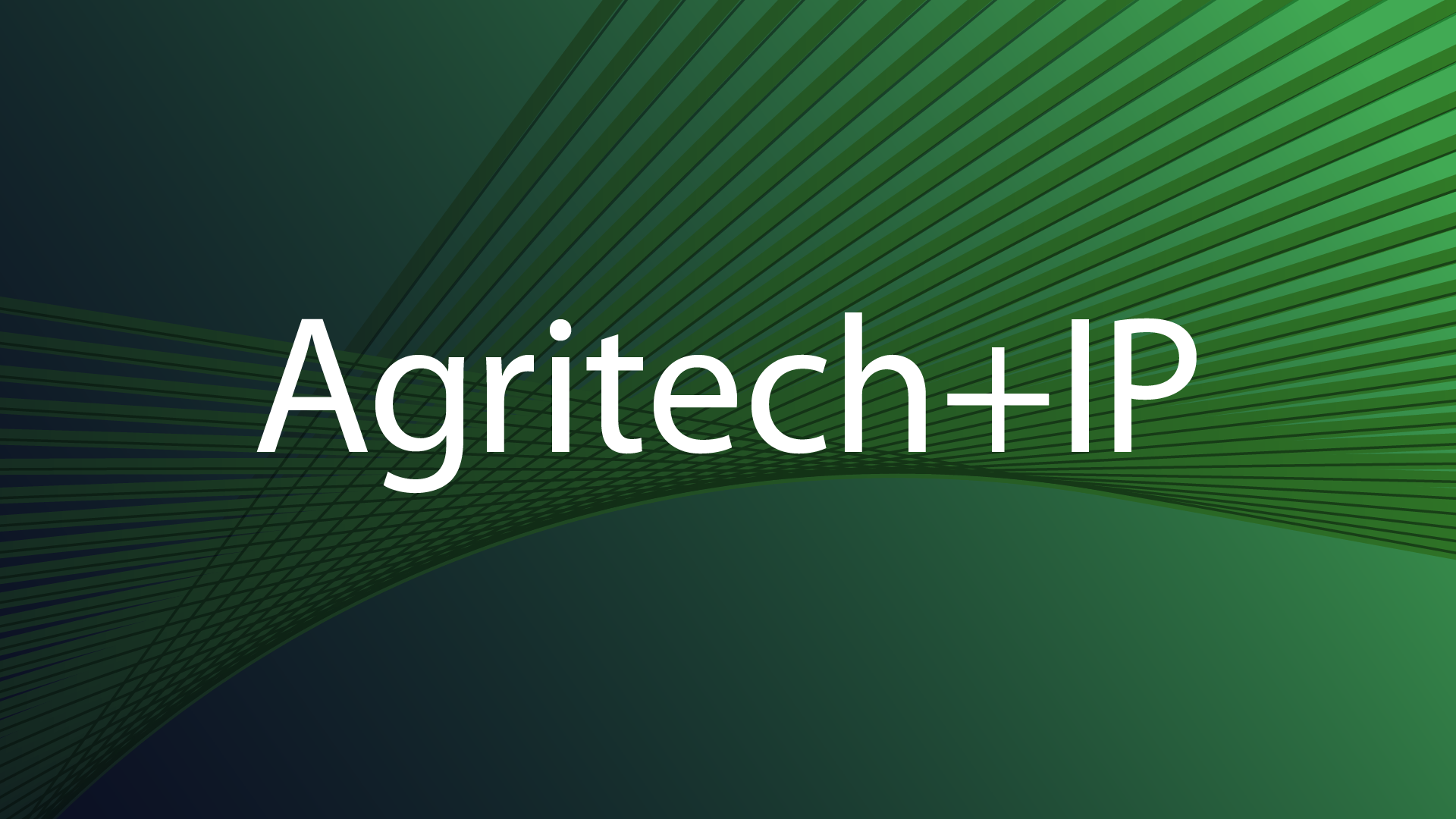Blogs
From Theoretical Proposals to Commercial Reality: The Rise of Innovation and Patent Filings in Quantum Computing
February 2023
The possibility of quantum computing was first seriously proposed in the early 1980s and is widely regarded as having enormous potential to deliver a step change in the complexity of computing problems that can be carried out within a useful time frame. Some forty years on from those first theoretical proposals, the European Patent Office (EPO) has recently published some research into patent filing trends directed to quantum computing. This research reveals a recent boom in innovation suggesting that the age of quantum supremacy may soon be upon us.
A quantum computer is built on a number of two state units of quantum information known as a qubit. Unlike bits used in classical computers (which can only exist in one of two states at any given time) a qubit can exist in a superposition of both of its states simultaneously. As a result, quantum computers have the potential to map out complex multidimensional spaces which are out of reach of even the largest classical supercomputers. The potential applications of quantum computers could bring significant advances in a diverse range of fields such as computational chemistry, cybersecurity, financial modelling, logistics optimisation, drug discovery and weather forecasting.
A useful proxy for the pace and scale of innovation can be found in patent filing statistics. The report compiled by the EPO found that patent application filings directed to quantum computing have increased at a rate which is far above the average for all technology areas. The increase is particularly pronounced in the last 5 years with more than a doubling in the number of published patent families per year between 2017 and 2021. This boom in patent filings mirrors our own experience of an increasing number of quantum technology based start-ups seeking IP advice and patent protection in recent years.
The EPO’s report places particular focus on three sub-sectors of quantum computing: physical realisations of quantum computing, quantum error correction, and quantum computing and artificial intelligence (AI). Each of these sub-sectors has grown in recent years to each represent between 15% and 25% of all quantum computing patent publications in the most recent data. The fastest growing sub-sector is quantum computing and AI, reflecting the anticipated capabilities of quantum computers to deliver exponential speed-up in execution times for AI algorithms. International patent publications per year in the quantum computing and AI sub-sector increased by more than ten times between 2014 and 2020, far outstripping the average increase in all subject matter areas.
The list of the most prominent filers is headed by some of the world’s largest computing companies with the likes of IBM, Toshiba, Intel and Microsoft leading the way. However, quantum specialists such as D-Wave Systems, Rigetti & Company, Zapata Computing and IonQ also appear on the lists of top filers, along with a number of top universities.
Patent filings directed to quantum computing technologies remain small when compared to those directed to more traditional computing technologies. However, the recent pronounced increase in filings directed to quantum computing is a stark illustration of the speed of innovation in this area, as well as the anticipated commercial value which underpins investments in research and development. This increase is perhaps all the more remarkable when you consider that few, if any, companies will have generated significant income or profit from quantum computing to date.
In recent years, results have been reported suggesting that modern quantum computers are capable of performance which approaches or exceeds the most advanced classical computers for at least some tasks. Several organisations have also published road maps forecasting that the next generation of quantum computers will include many times the number of qubits of today’s most advanced machines. The age of commercially useful quantum computers may therefore be upon on us and it is difficult to imagine the pace of innovation and patent protection in this field slowing up any time soon.
This article was prepared by HGF Patent Director Dr Nick King.





























